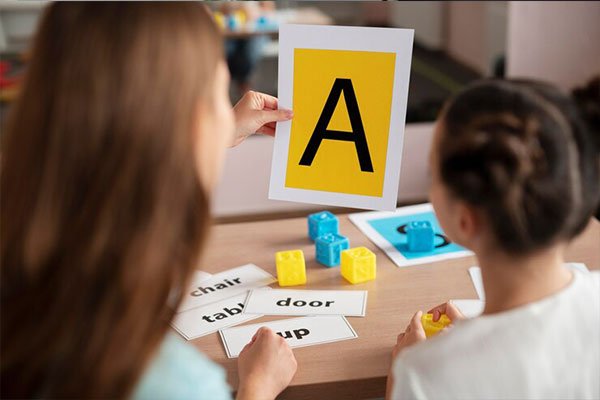English Language Course
The English language is an Indo-European language in the West Germanic language group. Modern English is widely considered to be the lingua franca of the world and is the standard language in a wide variety of fields, including computer coding, international business, and higher education.
English is one of the most widely spoken languages in the world. It is either the official or one of the official languages in numerous countries. English serves as a lingua franca for international business, diplomacy, science, technology, and entertainment.
English is the dominant language in the fields of technology, science, and research. Most scientific papers and technology documentation are written in English. It is also the language of the internet, with the majority of online content in English.
Download Brochure

Benefits of Learning English
- English is a lingua franca, which means it serves as a common language for communication among people from diverse linguistic backgrounds. Learning English enables you to interact with individuals from around the world.
- The majority of content on the internet, including websites, academic research, and online resources, is available in English. Proficiency in English opens doors to a vast amount of information and knowledge.
- English is the medium of instruction in many international schools, universities, and academic programs. It is essential for students who want to study abroad and access a broader range of academic resources.
English is widely spoken in the tourism industry. Knowing English can make your travel experiences more comfortable, as you can communicate with people in hotels, restaurants, and tourist destinations.
Many international business transactions, contracts, and negotiations are conducted in English. It is essential for professionals involved in global trade and commerce.
Overall, learning English provides practical advantages for education, career, and travel, as well as personal enrichment and cultural appreciation. It opens doors to a globalized world and fosters cross-cultural connections.

Beginners Level
Duration: 40 Hours
- Basic Vocabulary: Learners have a limited vocabulary, typically consisting of basic words and phrases related to everyday life and common objects.
- Simple Conversations: They can engage in simple, direct conversations in familiar contexts. They can ask and answer basic questions about personal information (name, age, nationality, etc.) and everyday routines.
- Listening and Comprehension: They can understand and respond to simple, slow, and clear speech when the speaker uses basic vocabulary and simple sentences.
- Reading learners can read and understand very basic texts, such as signs, labels, and simple advertisements.




Elementary Level
Duration: 40 Hours
- Expanded Vocabulary: learners have an expanded vocabulary compared to basic, allowing them to discuss a wider range of everyday topics, such as hobbies, family, and food.
- Basic Grammar: They can use elementary grammar structures and verb tenses, although with some errors.
- Social Interaction: Learners can handle more social interactions, like shopping, ordering food in a restaurant, and giving or following simple directions.
- Listening and Comprehension: They can understand and respond to spoken language, even if it’s spoken a bit faster and includes a bit more complexity.
- Reading: learners can read short, simple texts and understand the main points. Reading comprehension improves compared to A1.


Intermediate Level
Duration: 40 Hours
- Expanded Vocabulary: Learners have an expanded vocabulary, allowing them to discuss a wider range of topics in everyday life, such as travel, work, and leisure activities.
- Basic Grammar: They can use a wider range of grammar structures and verb tenses with fewer errors.
- Communication skills: learners can engage in more complex conversations and express their opinions. They can discuss their experiences, plans, and personal interests.
- Listening and Comprehension: They can understand and respond to spoken language in most everyday situations, even if it’s spoken at a natural pace.
- Reading: learners can read and understand a variety of context, including news articles, advertisements, and short stories.




Advance Level
Duration: 40 Hours
- Advanced Vocabulary: Learners have a rich and diverse vocabulary, allowing them to engage in discussions on a wide range of topics, including abstract subjects.
- Advanced Grammar: They can use more complex grammar structures, including conditional sentences, reported speech, and a variety of tenses.
- Complex Communication: learners can participate in debates, express opinions, and engage in discussions on various subjects with a high degree of fluency.
- Listening and Comprehension: They can understand spoken language in both formal and informal contexts, and they are able to follow and contribute to more complex conversations.
- Reading: learners can read and understand more challenging texts, including literature, essays, and technical documents.


